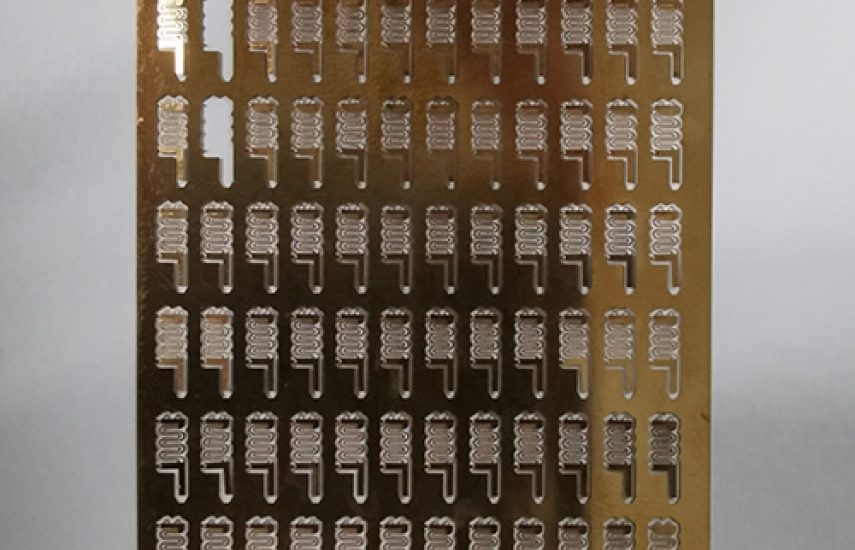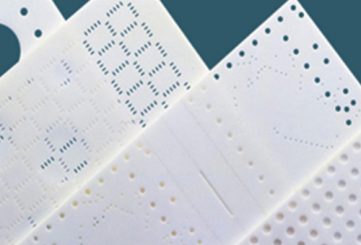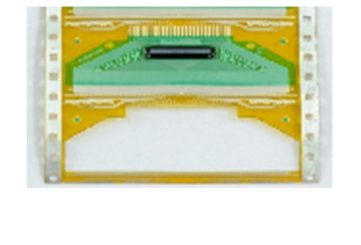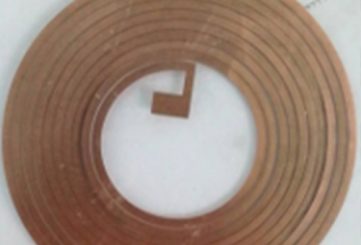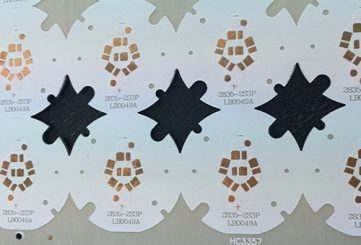Gold-plated Probe Forming Process
Gold-plated Probe Forming Process – Precision Fabrication for High-Performance Medical and Electronic Probes
The Gold-plated Probe Forming Process is a high-precision laser machining and plating process designed to produce gold-plated probes for medical and electronic applications. Utilizing advanced five-axis laser cutting and gold-plating technology, this process ensures exceptional accuracy, conductivity, and a burr-free finish. Crafted from high-quality stainless steel or other base metals with a gold-plated coating, the probes offer superior corrosion resistance, biocompatibility, and electrical conductivity, making them ideal for surgical tools, diagnostic devices, and electronic testing systems. The laser-machined design delivers smooth surfaces and intricate geometries, ensuring reliable performance in demanding environments. Tailored for high-precision applications, this process meets the rigorous standards of modern healthcare and electronics manufacturing.
Key Features:
- Ultra-Precise Cutting: Seam width of 15–30 µm with machining accuracy of ≤±10 µm for intricate probe designs.
- Burr-Free Finish: Smooth surfaces ensure safe use and minimal tissue trauma in medical applications.
- Gold-Plated Coating: Enhances electrical conductivity and corrosion resistance for superior performance.
- High Strength: Base metal provides robust tensile strength for reliable functionality.
- Biocompatibility: Gold plating meets standards for safe interaction with human tissues.
- Automated Production: Continuous feeding system ensures high efficiency and consistent quality.
Certification and Standards:
Certified under ISO 9001 and ISO 13485 for quality management. Compliant with CE and FDA regulations for medical device safety and efficacy.
Supports various materials including:
FPC (Flexible Printed Circuit):
- Flexibility: Enables bending and folding for compact designs in medical and electronic devices.
- Lightweight: Thin and low-mass material reduces device weight for enhanced portability.
- High Reliability: Supports complex circuit layouts with excellent thermal and electrical stability.
- Miniaturization: Ideal for high-density, small-scale applications in wearables and implants.
PCB (Printed Circuit Board):
- Durability: Rigid structure ensures long-term stability in medical and industrial electronics.
- High Conductivity: Supports efficient electrical performance for complex circuit designs.
- Customizability: Allows multi-layer configurations for advanced functionality in diagnostic devices.
- Thermal Stability: Resists high temperatures, suitable for demanding operational environments.
PET (Polyethylene Terephthalate):
- Chemical Resistance: Withstands exposure to medical and industrial chemicals for reliable performance.
- Flexibility and Strength: Combines durability with flexibility for use in flexible displays and sensors.
- Cost-Effective: Economical material for large-scale production of medical and electronic components.
- Transparency: Ideal for optical applications in diagnostic and laboratory devices.
PI (Polyimide):
- High Thermal Stability: Withstands temperatures up to 400°C, perfect for high-heat medical and industrial applications.
- Excellent Dielectric Properties: Ensures reliable insulation in flexible circuits and sensors.
- Chemical Resistance: Resists harsh chemicals, enhancing longevity in medical environments.
- Flexibility: Supports intricate designs in compact, high-performance electronic devices.
Copper Foil:
- Superior Conductivity: Offers excellent electrical conductivity for high-performance circuits and probes.
- Corrosion Resistance: Ensures durability in medical and industrial environments with minimal degradation.
- Thin and Lightweight: Enables precision applications in electronics and medical sensors.
- Malleability: Easily shaped for intricate designs in circuit boards and conductive components.
Aluminum Foil:
- Lightweight: Low density reduces overall weight in medical and industrial applications.
- Corrosion Resistance: Resists oxidation, ensuring durability in harsh environments.
- High Conductivity: Supports efficient electrical and thermal performance in electronic components.
- Cost-Effective: Affordable material for large-scale production of precision parts.
Carbon Fiber:
- High Strength-to-Weight Ratio: Provides exceptional strength while remaining lightweight for medical and industrial use.
- Corrosion Resistance: Withstands harsh environments, ideal for durable medical implants and tools.
- Rigidity: Ensures structural stability in precision components like surgical instruments.
- Thermal Stability: Maintains performance under high temperatures in demanding applications.
Composite:
- Tailored Properties: Combines materials for customized strength, flexibility, and durability in medical devices.
- Lightweight: Reduces weight while maintaining structural integrity for portable equipment.
- Corrosion Resistance: Enhances longevity in medical and industrial environments.
- Versatility: Supports complex designs for advanced applications in electronics and implants.
Ceramics:
- Superior Hardness: Offers exceptional wear resistance for long-lasting medical and industrial components.
- Biocompatibility: Meets ISO 10993 standards, ideal for implants and surgical tools.
- Corrosion Resistance: Withstands harsh chemical environments, ensuring durability.
- High Thermal Stability: Maintains performance in extreme temperatures, suitable for precision devices.
- Medical Devices: Produces precision probes for surgical tools and diagnostic equipment.
- Electronic Testing: Creates high-conductivity probes for semiconductor and circuit testing.
- Surgical Instruments: Supports intricate designs for minimally invasive procedures.
- Diagnostic Equipment: Used in high-precision probes for imaging and laboratory devices.
- Medical Device Manufacturing: Incorporated in the production of advanced probe components.
- Material: Stainless Steel (e.g., SUS304, SUS316L) with gold-plated coating
- Coating Thickness: 0.1–0.5 µm (gold plating)
- Cutting Seam Width: 15–30 µm
- Machining Accuracy: ≤±10 µm
- Surface Roughness: Ra <0.2 µm
- Manufacturing Process: Five-axis laser cutting with automated feeding and gold plating
- Operating Temperature: -20°C to 300°C, suitable for sterilization
- Degradation: Non-degradable, designed for long-term stability

